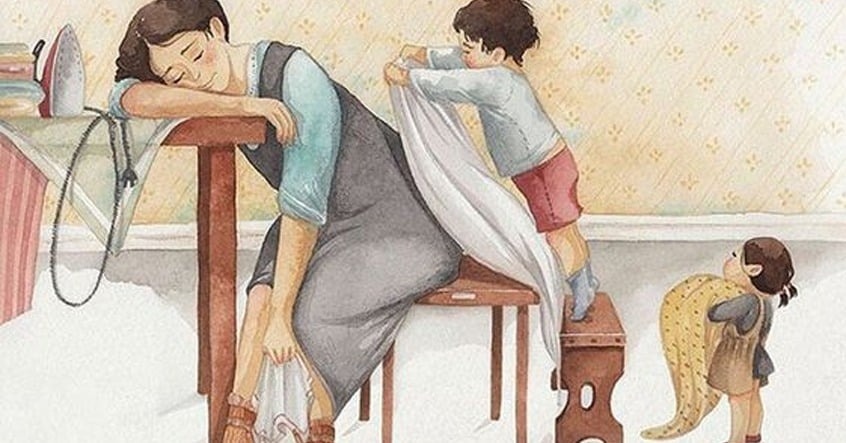Family Arguments: Navigating Through Anxiety and Fear
The Unsettling, Fear-Inducing Family Arguments:
Family arguments always bring about a sense of unease and worry, much like a stone thrown into a calm pond, creating ripples that spread far and wide. We all experience anxiety when disputes erupt in what should be a warm and peaceful space. The sound of raised voices not only creates tension but also disrupts the harmony of the home.
Such noise is not just a manifestation of conflicts between family members but also reflects various issues such as work stress, academic pressure, or relational discord. These conflicts are like a silent poison that seeps into each person’s soul, gradually eroding harmony, and diminishing bonds and stability.

Family arguments can be unsettling, like a stone disrupting the calm waters of a peaceful pond.
The family plays a crucial role in a child’s development. Growing up in an environment plagued by frequent arguments can have detrimental effects on a child’s psyche, leading to feelings of fear, anxiety, despair, and insecurity. This, in turn, impacts their self-confidence and emotional regulation abilities.
Children learn from the adults around them, and witnessing constant bickering can shape negative behaviors and influence their future relationships and communication skills.
Families are intricate and complex ecosystems that require respect and effort from all members to maintain. When conflicts arise, we must use our wisdom and courage to resolve them instead of treating them as threats.
Accusatory Words: Unsuitable for a Loving Home
These complaints often stem from misunderstandings, lack of trust, or insufficient empathy. When family members fail to empathize and meet each other’s needs and emotions, relationships can become strained and lead to dissatisfaction.
To address disagreements within the family, establishing effective communication is paramount. Open and honest sharing, active listening, and addressing issues early on are crucial to preventing small problems from escalating into bigger challenges.

Misunderstandings, lack of trust, and insufficient empathy can fuel complaints and family tensions.
Clearly defined roles and responsibilities within the family are also essential to preventing resentment. Sharing childcare and eldercare duties, creating a fair division of labor, makes everyone feel valued and respected, thus reducing discontent. Parents should lead by example, encouraging children to participate in household chores and fostering a harmonious environment.
Emotional communication is another key aspect. Expressing love and care regularly helps everyone feel valued. Embracing each other’s flaws and respecting differences are necessary to minimize resentment and strengthen family bonds.
As the old saying goes, “True wealth lies in harmony, not in riches.” Let’s move away from accusatory words and instead take more responsibility, manage our anger, and foster a harmonious family environment. Only then can our family truly become a sanctuary for our souls and a place we proudly call home.






































